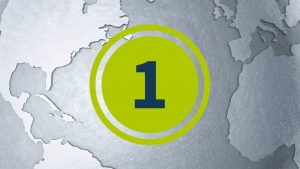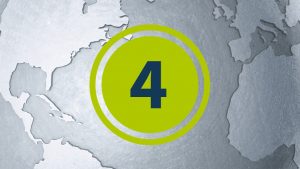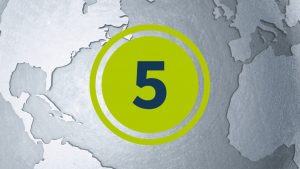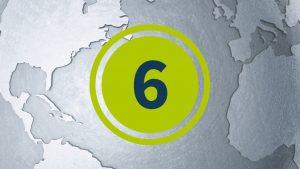- No red lines
- Preface
- Introduction
- Assessing opportunities and risks
- The six criteria
- Prospects – what happens next?
- Advice and contact
Preface

Shaping academic cooperation in light of new international realities
When the DAAD published the first edition of the KIWi Compass ‘No red lines’ in December 2020, many geopolitical certainties had already begun to falter.
Read the preface in full
Since then, the significance of risk and security management in international academic collaboration has continued to grow, not least given the underlying geopolitical circumstances of international cooperation. Russia’s attack on Ukraine in February 2022 – which has significantly impacted the international order, the attack by Hamas on Israeli soil on 7 October 2023 and the resulting global impact of the conflict in the Middle East, and also the increasing tensions in relations with China all have direct implications in terms of structuring international cooperation in a way which is risk-aware and secure. The ‘Zeitenwende’ (turning point) called for by Chancellor Scholz is reflected in a growing need for orientation and action-relevant knowledge to support international academic cooperation.
Developments over the last two years have made one thing in particular very clear to us: Academic exchange and international scientific cooperation do not take place in an apolitical setting. On the contrary: the area of scientific cooperation has a special political significance. Whether it likes it or not, science has become a hard currency in international cooperation. On the one hand, the need for science-based perspectives on major social, global and even planetary issues is constantly growing. On the other hand, we are increasingly seeing non-democratic or autocratic tendencies in important countries around the world. For many states, a leading role in research and technology has long since become an integral part of a grand strategy for the defence or attainment of their own global power position.
So how can academic cooperation be organised and promoted in the interests of science without being naive and ignoring the political conditions and implications of this cooperation? The DAAD is in favour of a differentiated perspective based on a criteria-led appraisal. Not least, the topics, actors and contexts of the respective cooperation must be taken into account. It is therefore a matter of a sensitive process of analysis and negotiation, which must be based on an honest and rational weighing up of values, interests, risks and opportunities. This also means that a categorical definition of generally applicable ‘red lines’ is not expedient. Instead, the focus should be on examining and negotiating specific cooperation conditions in their concrete constellations. This naturally includes – in each specific case – the question of when limits are reached and specific forms of cooperation are no longer justifiable.
With the KIWi Compass ‘No red lines’, the DAAD provides support in precisely this area. The guide enables universities and research institutions to make well-founded, comprehensively informed and reflective assessments of opportunities and risks on the basis of clear criteria, and to make autonomous decisions with regard to specific cooperation constellations.
Prof Dr Joybrato Mukherjee
President German Academic Exchange Service (DAAD)
Introduction
 Since 2020, the DAAD’s Centre for International Academic Cooperation (KIWi) has been advising German higher education institutions as they initiate and implement projects with partner institutions abroad. It has also been providing support in cases where complex underlying conditions cause uncertainty among the stakeholders involved and where cooperation proves challenging.
Since 2020, the DAAD’s Centre for International Academic Cooperation (KIWi) has been advising German higher education institutions as they initiate and implement projects with partner institutions abroad. It has also been providing support in cases where complex underlying conditions cause uncertainty among the stakeholders involved and where cooperation proves challenging.
Read the full introduction
As the first advice centre of this kind, KIWi brings together regional and discipline-specific expertise to support international academic cooperation and incorporates up-to-date country information from the DAAD’s global network as well as the practical experience of its higher education institution members. Key thematic areas of our work are ‘Risks and Security’ and ‘Legal Frameworks’, among others. Besides individual advice, KIWi Policy Talks and KIWi Connect events, which enable a peer-to-peer sharing of experience, KIWi also provides a wide range of publications which serve as a crucial source of information to support cooperation in practice and as a basis for its evaluation. The KIWi Compass ‘No red lines’ is an important guide offering stakeholders involved in internationalisation a systematic approach to navigating scientific cooperation with partners under complex underlying conditions.
Dr Julia Linder
Senior Desk Officer ‘Risks and Security’
Assessing opportunities and risks
By highlighting the multi-dimensionality of security-relevant issues, the DAAD aims to raise awareness among German higher education institutions of how they can undertake independent opportunity and risk analyses when cooperating with international partners. The KIWi Compass ‘No red lines’ presents higher education institutions with a set of six criteria that can be used to assess the opportunities and risks of cooperation. Sub-criteria are defined for each criterion and relevant open-access information sources are identified to enable in-depth analysis and research.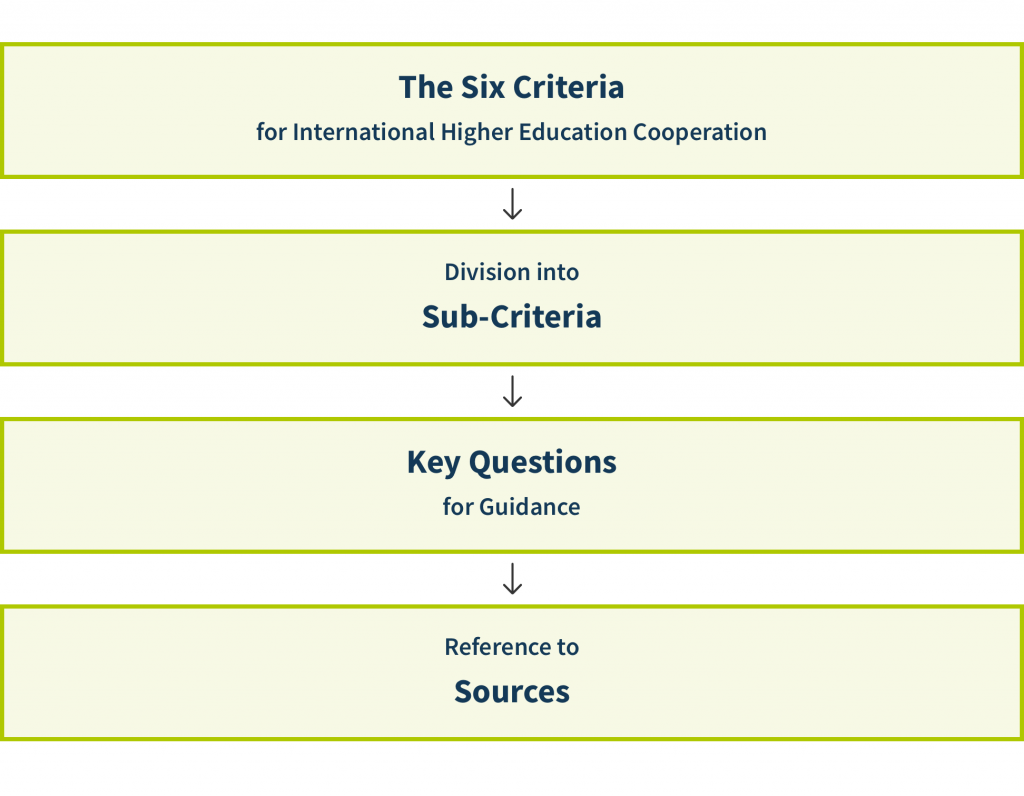
The set of criteria, which has been developed on the basis of extensive practical project experience in international academic cooperation, is aimed at the different stakeholder groups involved in internationalisation processes: academics, higher education leaders and higher education administrators. The six criteria can be individually weighted for specific cooperation arrangements. This is not intended as a rigid evaluation framework but instead as a tool which can be used flexibly and, therefore, can help to identify and pinpoint specific challenges. For each cooperation and by focusing on one or more of the six criteria, a check and objective assessment can be made using the reference sources regarding whether cooperating with international partners will be mutually worthwhile academically and how possible risks may be assessed.
The set of criteria is intended as a guide in that it can be applied to a country, a region, a specific partner university, an academic discipline or even to a particular cooperation. The KIWi Compass ‘No red lines’ can also be used, for example, if the underlying conditions in a partner country change. Additionally, it is suitable for decision-making when initiating new academic cooperations.
Country-specific perspectives and sources are not included within the KIWi Compass ‘No red lines’. These are addressed by the DAAD in the context of country reports, white papers and expert discussions and are taken into account in the individual advice which KIWi provides.

Country-specific generalisations are not helpful. Instead, the ‘red lines’ of academic cooperation need to be constantly re-explored. Static ‘one-size-fits-all’ approaches are not suitable for acting and reacting in specific contexts. KIWi helps in assessing risks and opportunities.Dr Kai Sicks, Secretary General German Academic Exchange Service (DAAD)
The six criteria
The KIWi Compass ‘No red lines’ subdivides the area of higher education cooperation into six criteria.
Criterion 1: Security situation
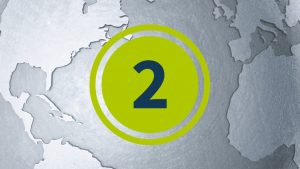 Criterion 2: Wider political imperatives
Criterion 2: Wider political imperatives
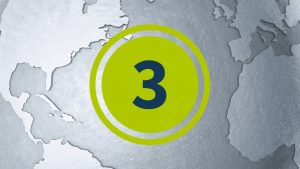 Criterion 3: Constitutional and sociopolitical framework
Criterion 3: Constitutional and sociopolitical framework
Criterion 4: Opportunities and risks of the respective academic system
Criterion 5: Quality of academic partner institutions
Criterion 6: Integration into institutional strategies
Prospects – what happens next?
The KIWi Compass ‘No Red Lines’ is designed to assist you, the internationalisation stakeholders at higher education institutions, in making risk-sensitive assessments and informed decisions when establishing and developing academic cooperations taking place under increasingly complex underlying conditions. This criteria-based guidance creates a basis for discussions and work on internal processes at the university level related to creating a robust system of risk, security and crisis management. KIWi has conceived this guide specifically to support decision-making and provides practical starting points for preventive and reactive measures. The decision-making process is the first of three pillars on which we offer advice and information in KIWi’s thematic area of ‘Risks and Security’:
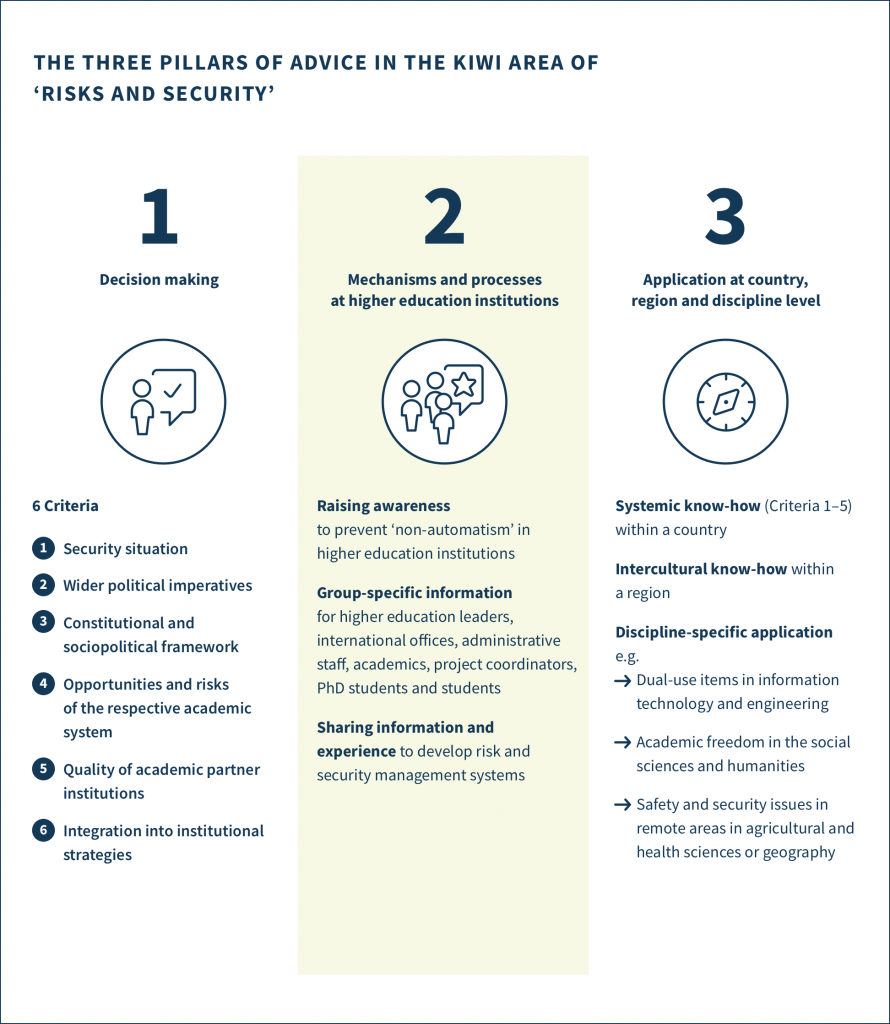
We use the second pillar to raise awareness of different perspectives on risk and security systems within higher education institutions. On the one hand, this provides target group-specific information for people at all institutional levels (see graphic). On the other, KIWi supports the sharing of experience when establishing risk and security systems.
The initial priority is to raise awareness of different stakeholder- and function-specific perspectives on the issues of risk and security. In doing so, we also aim to address potential concerns and objections transparently and to shed light on differing views held by diverse function holders regarding the areas of risk and security. Experts outside of higher education such as representatives of federal ministries and offices such as the BAFA are included in the dialogue. The objective is to provide concrete support for work in the field of international academic cooperation to help institutions move from theoretical considerations to practical implementation. In this context, establishing a comprehensive and robust risk and security management system represents a fundamental first step.
In the third pillar, we focus on selected countries, regions and academic disciplines. Based on the set of criteria presented here, institutions can develop tailored and application-oriented analyses of the potential of a national science system, the intercultural characteristics of a region or the challenges for specific academic disciplines. Such analyses might concern dual-use issues in engineering or questions on academic freedom in the social sciences and humanities, for example.
In tailor-made event formats, we address specific challenges associated with selected regions as well as overarching aspects associated with travel security and employers’ duties of care, how to differentiate between the areas of responsibility in higher education institutions and also how to assign decision-making powers and responsibilities for risk and security managers at higher education institutions.
Finally, all three pillars in the thematic area of ‘Risks and Security’ are advanced in expert groups and with the inclusion of knowledge from higher education institutions, and then transferred into information and advisory services aimed at practical applications. The services offered by the Centre for International Academic Cooperation focus on consolidating and disseminating examples of good practice and on empowering institutions to deal with complex political, social and regulatory environments.
This digital edition of the KIWi Compass ‘No Red Lines’ is a starting point for continuing discussions across higher education institutions. It is designed as a ‘living document’ to be continuously developed and updated in the future. We would therefore welcome your suggestions and invite you to share your experiences with us in order to continue the joint dialogue.
Advice and contact
Please contact us if you have any questions about risk and security issues in your international academic cooperations:
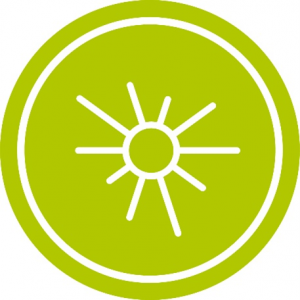 Please use our contact form for detailed advice and specific inquiries.
Please use our contact form for detailed advice and specific inquiries.
